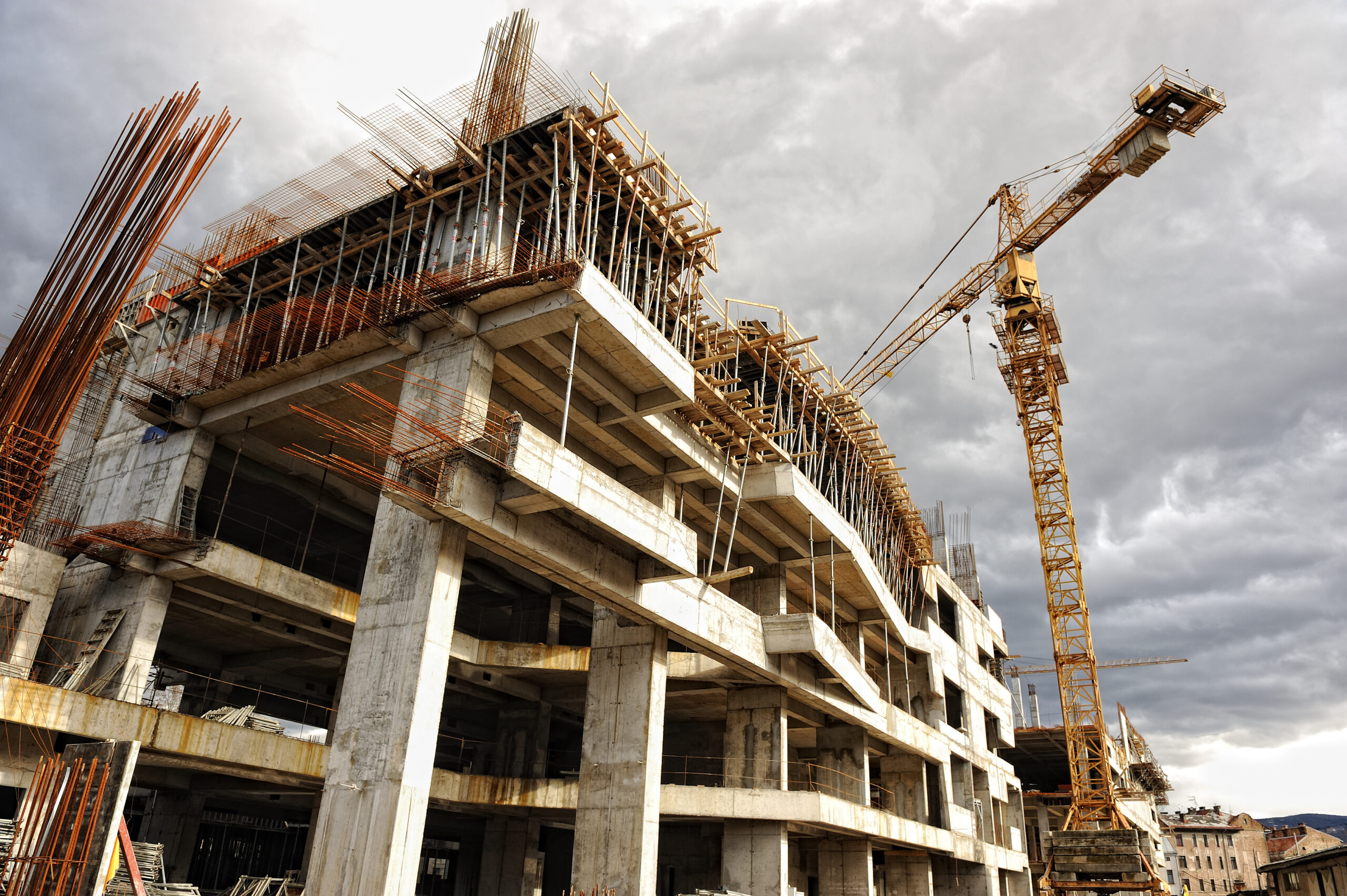In the bustling realm of construction, where heavy machinery, intricate processes, and a myriad of workers converge, accidents are an unfortunate reality. Construction sites in Indiana are not immune to such incidents, and the aftermath can be complex and legally intricate. On this page, we delve into the crucial aspect of documenting construction accidents in the state of Indiana and shed light on the requirements that must be adhered to for a comprehensive and legally sound approach.
Understanding the Landscape of Construction Accidents in Indiana
Construction sites inherently pose risks due to the nature of the work involved. From falls and equipment malfunctions to electrical hazards and collapsing structures, the spectrum of potential accidents is vast. When an accident occurs, it sets off a chain of events that not only impact the immediate well-being of the individuals involved but also have far-reaching consequences for the construction project and the responsible parties.
The Role of Documentation in Construction Accidents
Documentation stands as a pivotal pillar in the aftermath of a construction accident. It serves as a factual record of the incident, detailing the sequence of events, the parties involved, and the circumstances leading to the accident. Proper documentation not only aids in the investigation process but also plays a crucial role in legal proceedings that may follow.
Legal Requirements in Indiana
In the state of Indiana, documenting construction accidents is not just a best practice; it is a legal requirement. The Occupational Safety and Health Administration (OSHA) sets forth guidelines and regulations that construction companies must adhere to in the event of an accident. Prompt reporting of accidents is mandatory, and failure to comply with these regulations can result in severe consequences for the construction company.
Timeliness is Key
One of the primary requirements for documenting construction accidents in Indiana is timeliness. OSHA mandates that employers report any severe injury or illness within 24 hours of its occurrence. This includes any work-related fatality, in-patient hospitalization, amputation, or loss of an eye. Failing to report within the stipulated timeframe can lead to penalties and increased scrutiny from regulatory authorities.
Comprehensive Incident Reports
Beyond the immediate reporting requirements, construction companies must also provide comprehensive incident reports. These reports should delve into the specifics of the accident, covering aspects such as the date, time, and location of the incident, the individuals involved, the type of injury sustained, and the equipment or machinery implicated in the accident. A detailed narrative of the events leading up to and following the accident adds depth to the documentation and strengthens its credibility.
Photographic Evidence
In the age of visual documentation, photographs play a crucial role in establishing the facts surrounding a construction accident. Employers are obligated to take clear and detailed photographs of the accident site, the equipment involved, and any relevant environmental factors. These photographs serve as tangible evidence and can be instrumental in investigations and legal proceedings.
Witness Statements
Collecting statements from witnesses is another vital component of documenting construction accidents in Indiana. These statements provide perspectives beyond the immediate parties involved and contribute to a more holistic understanding of the incident. Witness statements can be obtained through interviews or written accounts, adding a layer of corroboration to the documented facts.
Ensuring Compliance with OSHA Regulations
The Occupational Safety and Health Administration in Indiana is stringent in its oversight of construction sites. Construction companies must not only document accidents but also ensure that their documentation aligns with OSHA regulations. Failure to comply with these regulations can result in citations, fines, and potential legal action.
Navigating Legal Complexities
Beyond OSHA regulations, documenting construction accidents in Indiana is crucial for navigating the legal complexities that may arise. Accidents can lead to workers’ compensation claims, lawsuits, and regulatory investigations. Thorough documentation serves as a defense mechanism, providing a factual foundation for the construction company in the face of legal challenges.
Employee Welfare and Support Systems
Beyond the immediate aftermath of an accident, construction companies in Indiana must prioritize the welfare of their employees. Establishing robust support systems, both medical and emotional, contributes to the overall well-being of the workforce. This includes providing access to medical care, counseling services, and facilitating a smooth process for workers’ compensation claims.
Learning from Incidents for Future Prevention
Documenting construction accidents serves a dual purpose – not only does it address the current situation, but it also provides invaluable insights for preventing future incidents. Analyzing the documented data allows construction companies to identify patterns, potential hazards, and areas for improvement in their safety protocols. This proactive approach contributes to an ongoing commitment to the safety of the workforce.
The importance of documenting construction accidents in Indiana cannot be overstated. From regulatory compliance to legal defense, thorough documentation is a multifaceted tool that safeguards the interests of construction companies and ensures a transparent response to accidents. It is not merely a procedural formality but a proactive measure that can mitigate the impact of accidents on both individuals and the construction project itself.
Wyant Law understands the intricate landscape of construction accidents in Indiana. Our experienced legal team is well-versed in navigating the complexities of documentation and ensuring compliance with OSHA regulations. If you find yourself facing legal challenges in the aftermath of a construction accident, reach out to Wyant Law for comprehensive legal support. Uphold safety, uphold compliance – because a secure construction site is the foundation of a successful project. Contact us today to safeguard your interests and navigate the legal landscape with confidence.

